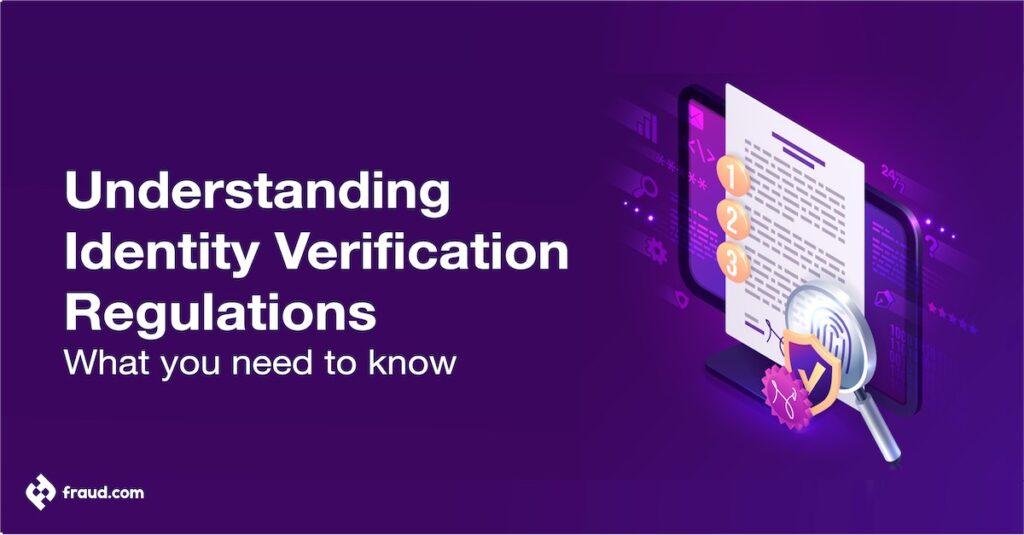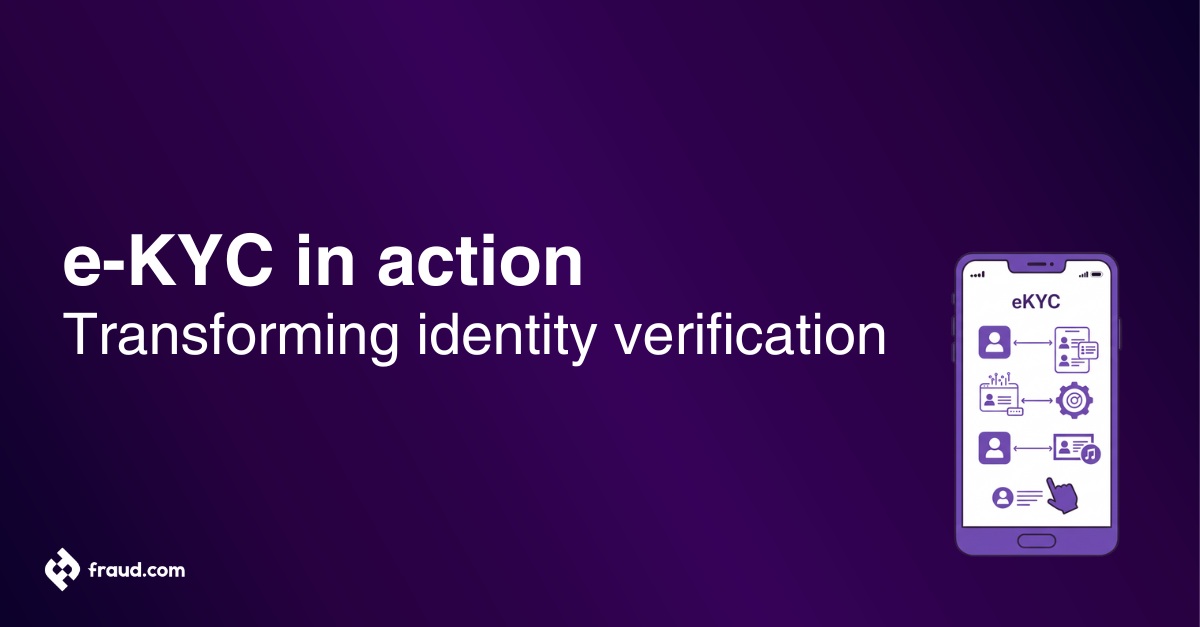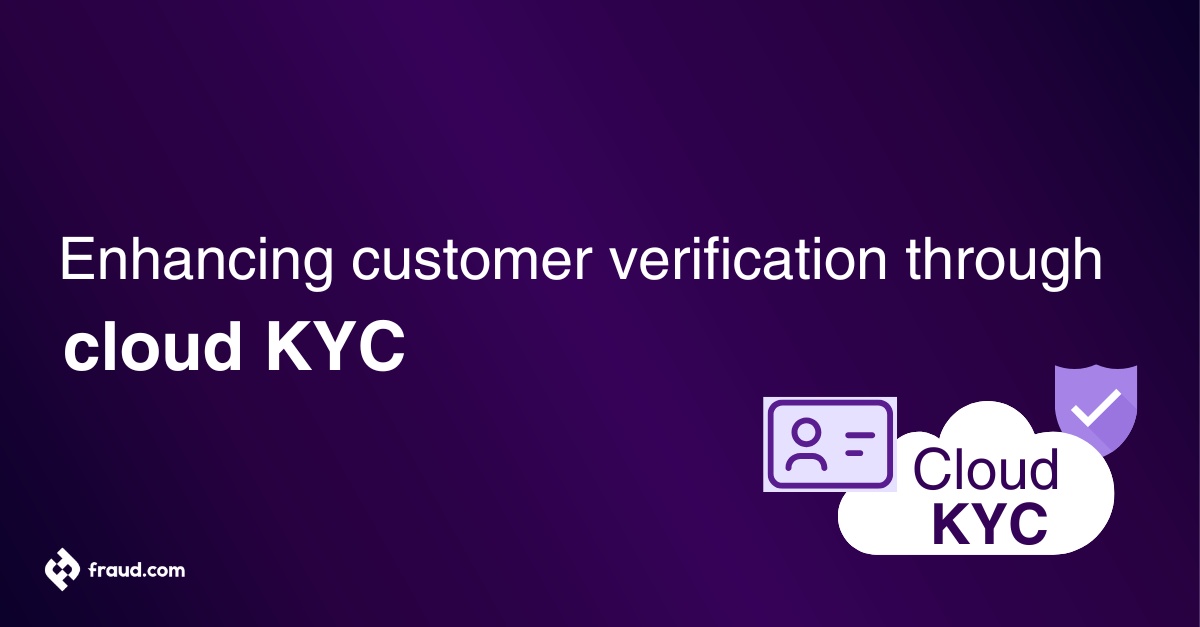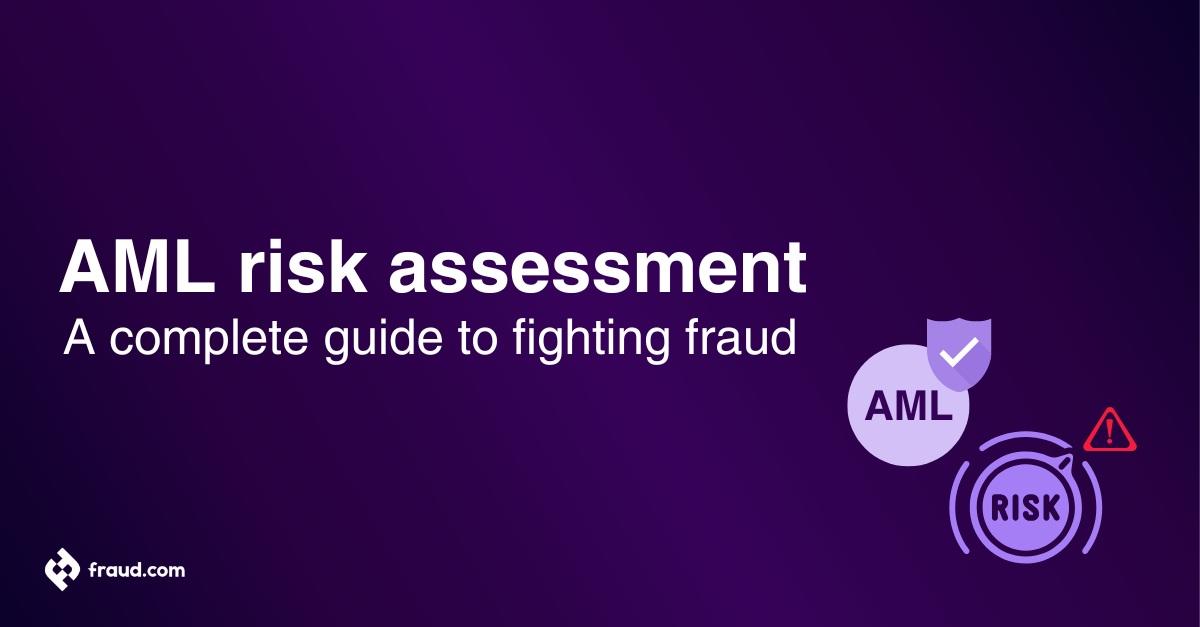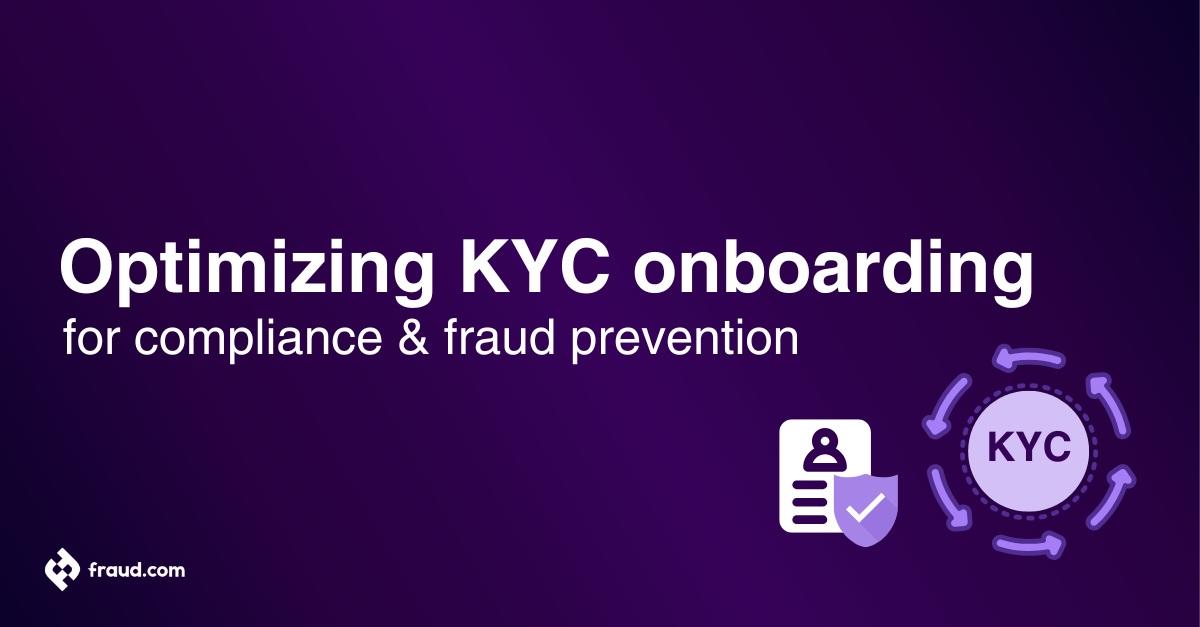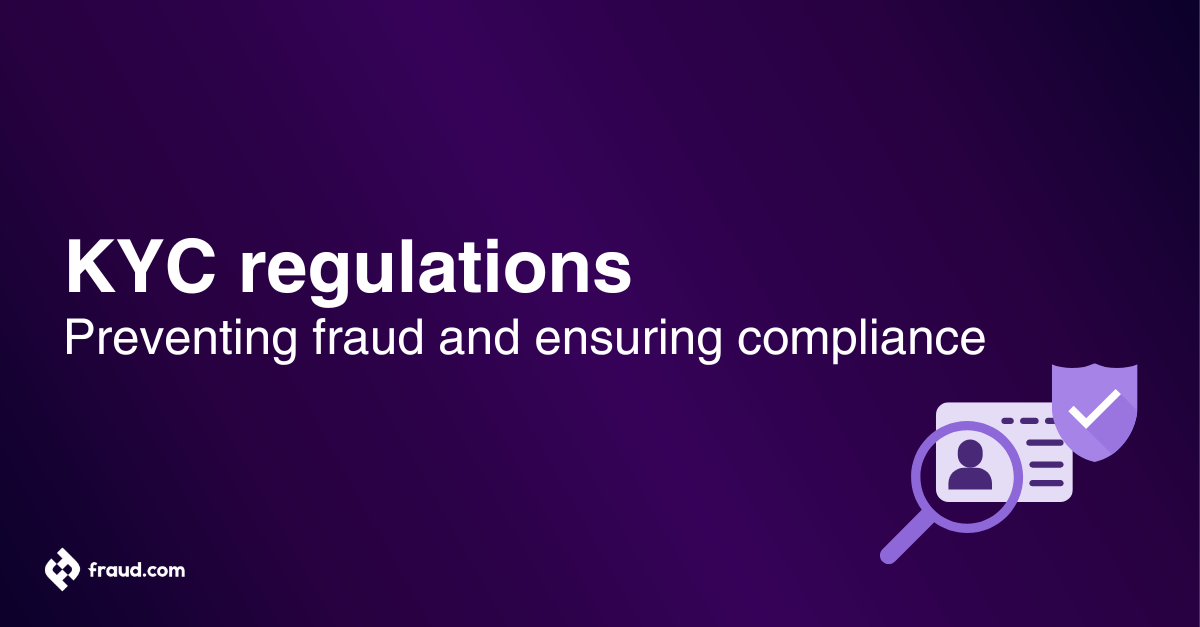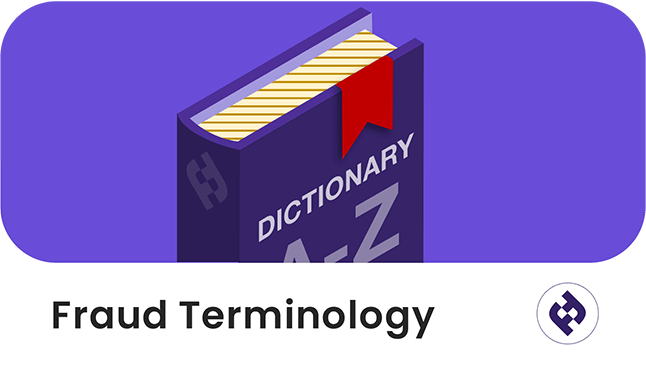In today’s digital age, identity verification is crucial for businesses to protect their customers’ personal information from fraud and data breaches. However, complying with global identity verification regulations can be complex and overwhelming, especially for businesses operating across multiple countries.
This article provides a comprehensive guide to understanding key global regulations, guidelines, and standards for identity verification. We’ll explore why compliance is important, the best practices for effective identity verification processes, and the future of these regulations. By the end, you’ll have a better understanding of how to ensure your business complies with identity verification regulations.
Table of Contents
ToggleWhy compliance with identity verification regulations is important
Compliance with identity verification regulations is essential for businesses that collect and handle personal identifiable information. Failing to comply with these regulations can lead to severe consequences, such as fines, legal action, and reputational damage.
In addition to avoiding these negative outcomes, compliance with identity verification regulations can also help businesses to establish trust with their customers. By showing that they take data protection seriously, businesses can build a strong reputation and improve customer loyalty.
Moreover, complying with identity verification regulations can help businesses to detect and prevent fraudulent activity. These regulations require businesses to implement effective identity verification processes to ensure that the person providing personal information to verify they are who they claim to be. This can help to prevent identity theft, account takeover, and other forms of fraud.
Overall, compliance with identity verification regulations is critical for protecting both customers and businesses from the risks associated with identity fraud and establishing trust and confidence in business operations.
Key global identity verification regulations you should know about
There are several key global identity verification regulations that businesses should be aware of, including:
General Data Protection Regulation (GDPR) – This regulation in the European Union (EU) sets requirements for the collection, processing, and storage of personal data, with specific provisions for the verification of individuals’ identities.
Anti-Money Laundering (AML) and Counter-Terrorist Financing (CTF) regulations – These global regulations aim to prevent the use of financial systems for illegal purposes and require financial institutions to verify the identities of their customers.
Know Your Customer (KYC) regulations – These regulations require financial institutions to identify and verify the identity of their customers to prevent money laundering, fraud, and terrorist financing.
Electronic Identification, Authentication and Trust Services (eIDAS) regulation – This EU regulation provides a legal framework for electronic identification and trust services, including digital signatures, seals, and timestamps.
Financial Action Task Force (FATF) Recommendations – These global recommendations provide guidance on AML and CTF measures, including customer due diligence and identity verification requirements.
Payment Card Industry Data Security Standard (PCI DSS) – This global standard applies to businesses that accept credit card payments and includes requirements for identity verification to prevent fraud.
Consumer Privacy Acts – These regulations in different countries, such as the California Consumer Privacy Act (CCPA) in the US and the Personal Information Protection and Electronic Documents Act (PIPEDA) in Canada, set requirements for the protection of consumer personal information, including identity verification.
Electronic Signatures in Global and National Commerce Act (ESIGN) – The ESIGN Act is a law in the United States that provides legal recognition for electronic signatures and contracts. It allows businesses to use electronic means for verifying the identity of their customers and conducting transactions.
United Nations Security Council Resolutions – These resolutions require member states to implement measures to prevent terrorism, including identity verification requirements for financial institutions.
International Civil Aviation Organization (ICAO) standards – These global standards provide guidance on identity verification for aviation security purposes, including the use of biometric technologies.
Electronic Signatures in Global and National Commerce Act (ESIGN) – This US law provides a legal framework for electronic signatures and verification, which is recognized globally.
Understanding and complying with these key global identity verification regulations is essential for businesses that collect and handle personal information in a secure and responsible manner, and to prevent fraud and other illegal activities. Businesses should stay up to date on the latest requirements and best practices for identity verification to ensure that they are compliant with these regulations.
Consumer privacy laws and their implications for identity verification
Consumer privacy laws safeguard personal information from unauthorized access or misuse, which has a significant impact on identity verification processes. Businesses must obtain explicit consent from individuals before collecting or using their personal data, creating challenges as individuals may not share sensitive data such as biometric or financial information.
Nevertheless, these laws offer benefits to identity verification, such as increasing trust between businesses and customers and reducing identity fraud by ensuring that personal data is responsibly collected and used. Businesses should be aware of crucial consumer privacy laws like the General Data Protection Regulation (GDPR), California Consumer Privacy Act (CCPA), Personal Information Protection and Electronic Documents Act (PIPEDA), and Privacy Act that regulate the collection, use, and disclosure of personal information by businesses.
Compliance with consumer privacy laws is essential for businesses to handle personal information as part of identity verification processes. By following the rules and adopting appropriate measures to secure personal data, businesses can foster customer trust and prevent identity fraud.
Best practices for complying with identity verification regulations
Complying with identity verification regulations can be complex and challenging, particularly for businesses that operate across multiple jurisdictions. However, there are some best practices that businesses can follow to help ensure compliance with these regulations and protect their customers’ personal information. Some of these best practices include:
Keep up to date with relevant regulations – Identity verification regulations are constantly evolving, so it’s important for businesses to stay up to date with the latest developments and ensure that their processes comply with any changes to regulations.
Use a risk-based approach – Not all identity verification processes are created equal, and some may require more stringent measures than others. By using a risk-based approach, businesses can tailor their verification processes to the level of risk associated with a particular transaction or customer.
Obtain explicit consent – In many cases, obtaining explicit consent from customers is a legal requirement for collecting and using their personal information. Businesses should ensure that customers are aware of what information is being collected and how it will be used and obtain their consent before proceeding with verification.
Ensure data security – Personal information is a valuable target for cybercriminals, so it’s essential that businesses take appropriate measures to protect this data. This may include implementing strong encryption, regularly monitoring for breaches, and ensuring that only authorized personnel have access to personal information.
Use third-party verification services – Third-party verification services can help businesses to comply with identity verification regulations by providing access to specialised expertise and technologies. However, it’s important to choose a reputable service provider that adheres to relevant regulations and standards.
Choose the Right Verification Methods – There are a variety of identity verification methods available, including knowledge-based authentication, biometric verification, and document verification. It’s important to choose the method that is most appropriate for your business, based on factors such as the level of risk associated with the transaction, the type of personal information collected, and the cost and convenience of the method.
Have a compliance plan in place – Having a formal compliance plan in place can help businesses to ensure that they are meeting all relevant identity verification regulations. This plan should include policies and procedures for collecting, storing, and using personal information, as well as processes for monitoring and reporting any violations of regulations, such as suspicious activity reports.
By following these best practices, businesses can help to ensure compliance with identity verification regulations and protect their customers’ personal information from identity fraud and other types of cybercrime.
Implementing effective identity verification processes in line with regulations
Implementing effective identity verification processes is crucial for businesses to comply with global identity verification regulations and protect their customers’ personal information. Here are some best practices to keep in mind:
Verify the identity of your customers: When verifying the identity of your customers, ensure that you collect relevant information such as their name, address, date of birth, and government-issued identification documents. This information can then be used to compare with other databases to authenticate the individual’s identity.
Use multi-factor authentication: Multi-factor authentication (MFA) is a method of confirming a user’s identity by requiring them to provide two or more pieces of evidence. This can include a password, a fingerprint, or a one-time code sent via email or text message. MFA is an effective way to prevent fraud and protect customer data.
Keep your processes up-to-date: Identity verification regulations and technologies are constantly evolving. To stay compliant and ensure the security of your customer’s personal information, it’s important to regularly review and update your identity verification processes.
Use automation to streamline your processes: Manual identity verification processes can be time-consuming and prone to errors. By implementing automation tools, such as identity verification software, you can streamline your processes and improve the accuracy and speed of your verifications.
Train your staff: Your employees play a crucial role in ensuring that your identity verification procedures are effective and compliant. Ensure that your staff is adequately trained on the proper procedures for verifying customer identities and complying with regulations.
By implementing effective identity verification processes in line with regulations, businesses can prevent fraud, protect customer data, and maintain compliance with global identity verification regulations.
The future of identity verification regulations and what it means for businesses
The future of identity verification regulations is likely to see an increased focus on data privacy, security, and transparency. As technology continues to evolve, there will be a need for updated regulations to keep pace with new forms of fraud and identity theft.
For businesses, this means that it will become even more important to ensure that their identity verification processes are effective, reliable, and compliant with evolving regulations. This may require investing in new technologies or partnering with third-party providers to ensure that their identity verification processes are up-to-date and secure.
In addition, businesses will need to continue to prioritize customer privacy and data protection, as privacy laws become more strict and consumers become more aware of the value of their personal information. This may include increased transparency in how businesses collect and use customer data, as well as providing customers with greater control over their personal information.
Overall, the future of identity verification regulations implemented will require businesses to remain vigilant and adaptable, staying up-to-date with new technologies and regulations to ensure that they can continue to protect their customers’ personal information and prevent fraud.
Identity verification regulations compliance with Udentify
Udentify provides businesses with a range of identity verification methods, including biometric authentication and facial recognition, allowing them to choose the most suitable method based on regulatory requirements. This flexibility ensures that businesses can comply with the regulations they need to while also providing a convenient and user-friendly experience for their customers. Moreover, Udentify’s identity verification processes comply with regulations such as GDPR, AML, and KYC, ensuring that businesses can have confidence that their processes are compliant with the relevant regulations.
By using Udentify, businesses can have effective, reliable, and compliant identity verification processes that help them to prevent fraud and comply with regulatory requirements. Udentify’s range of identity verification methods, compliance with regulations, real-time verification results, and ongoing compliance support make it an ideal solution for businesses that need to verify the identity of their customers.

